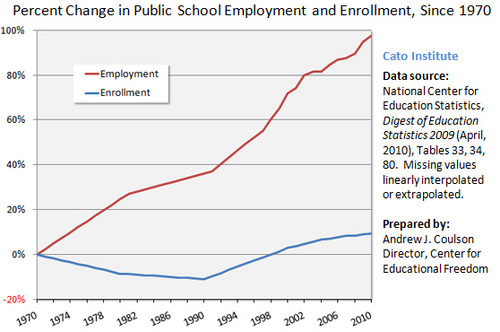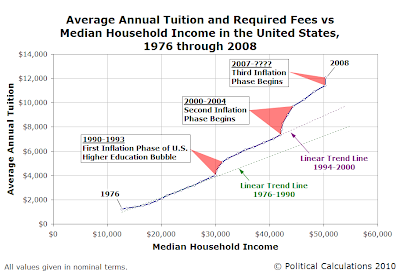But, it is a democratic government that is spending the money and will be punished or rewarded at the next elections. At the end of the day, these resource allocation decisions are India's internal matters.
It is strange that most of the governments and athletes from the richer and whiter countries did not worry about whether they ought to encourage India spending such large sums. (though, investments like with the new airport or metro will payoff.)
They didn't worry either about the possible security issues that the event might trigger--for the athletes as well as for all in Delhi--Indians and otherwise.
They didn't even worry when reports were trickling in that the projects were well behind schedule.
But, now, they raise their voices about .... bathroom conditions?
Spiked says it much better than I can:
one does not need to be a supporter of the Indian government – and spiked is not – to see that the British critics want it all ways. They complain about the ‘obscenity’ of spending millions on shiny modern sports stadiums in the midst of the poverty of the city slums. Yet they scream like children with a spider in the bath when they discover that the facilities for ‘our’ athletes might not be up to luxury standards, ignoring the fact that the most ‘uninhabitable’ corner of the athletes’ village will have better facilities than the places that countless Indians inhabit every day.I sympathize with my high school friend who has been pretty much on a "fuck you" mode in his Facebook postings in response to the hysterical yelling and screaming by the British and the Kiwis, and his fellow-Indians too ... I bet he will light up the cigarettes in the pack all at once if he reads what Spiked notes:
As Prince Philip famously remarked of a dodgy old fuse box during a visit to a factory in, er, Scotland: ‘It looks as if it was put in by an Indian!’Ouch! Does the Prince not know by now what is humor and what isn't?
The final words from Spiked:
Yet something else makes me want these games to be a success for India. There is a new orthodoxy abroad which preaches that staging major sporting events can benefit the peoples of developing nations and help to unite the world. This is pious nonsense, as the experience of the recent World Cup in South Africa has demonstrated once more. But the alternative sanctimonious prejudice of our age is, if anything, even worse. This one preaches that there is something ‘arrogant’ or ‘obscene’ about a developing nation such as India daring to attempt grand projects such as the Delhi games, rather than concentrating its efforts on the poorest. Thus the critics protest loudly about the ‘resettlement’ of thousands of shanty town-dwellers to make way for the stadium – the sort of slum clearance that always accompanies major urban redevelopment – and ignore the new airport, subway lines, roads and railway bridges that the bloated budget for the games has brought to the city. The message to India is: know your place. But the backlash in India against the international Delhi-bashing suggests there is as little chance of that happening as of Prince Charles winning a medal next week.











